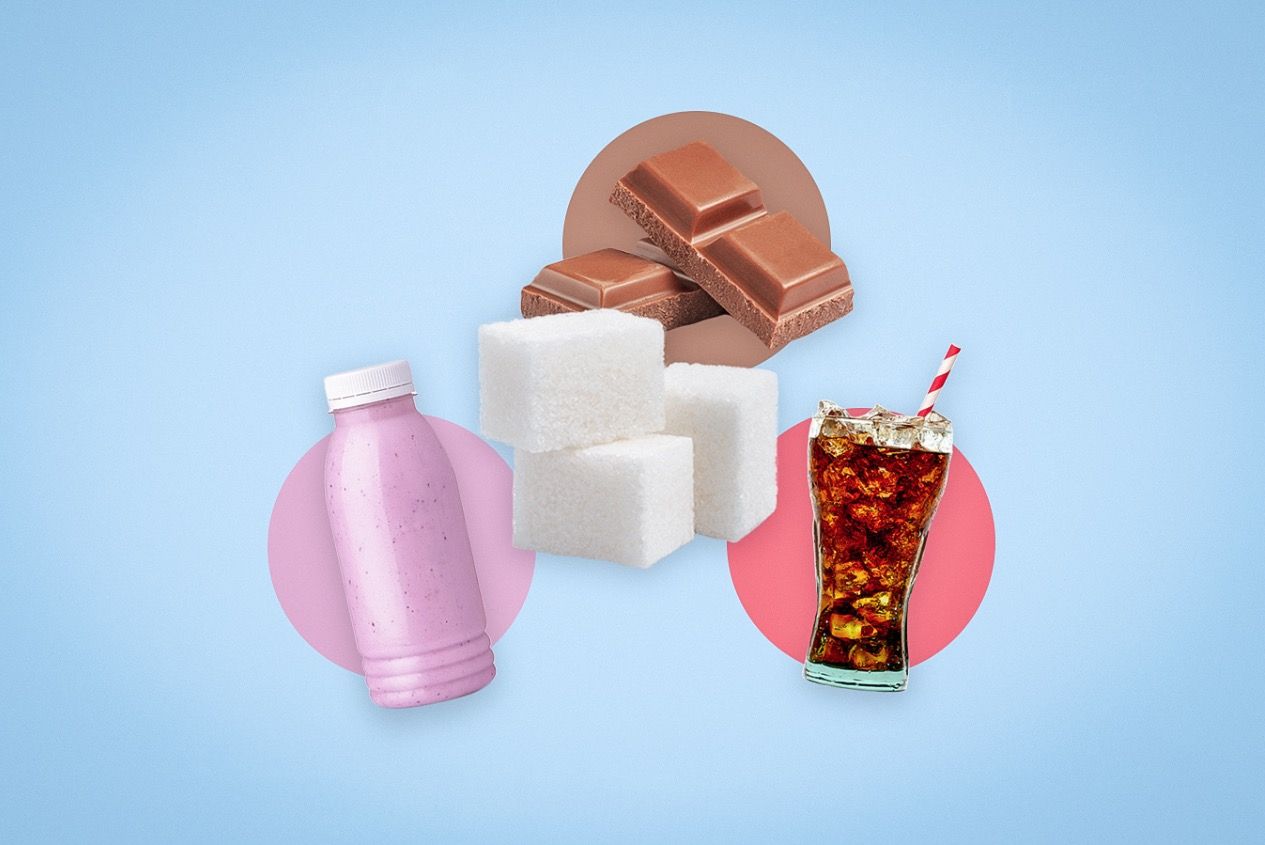“Sweet life.” Czechs take sayings about how to make life more fun too literally. On average, they consumed twenty sugar cubes per day, twice as much as recommended by the World Health Organization (WHO). write Economist Weekly. At the same time, excessive consumption of “white poison” is not good for health – it harms the heart, kidneys and causes diabetes.
The government’s National Economic Council also proposed introducing a consumption tax of 2.5 crowns for every liter of lemonade, also linked to negative health effects. “Tax on sugary drinks exists in ten European countries, in 54 countries of the world and in some cities of America,” argue the experts in recommendations to the government. Although this proposal ultimately did not pass, the Petr Fiala (ODS) cabinet moved drinks, including sweets, from a 15 percent value added tax rate to 21 percent in the austerity package.
In lemonade there is a lot of added sugar. For example, a liter bottle of Coke contains more than eleven sugar cubes. That is, more than the daily limit recommended by health organizations.
A bar of chocolate contains the same amount of sugar as a bottle of cola. For example, there are approximately eleven cubes in 100 grams of Milka milk. However, foods that are not classified as sweet also contain a lot of sugar. For example, there are four and a half cubes in one hundred grams of ketchup. And much more in one bottle of flavored yogurt drink.
In total, Czechs have been consuming around 36 kilograms of sugar per person per year in recent years, as can be seen from data Czech Statistical Office. While this is a very high number, it is worse. For example, in 1990 he weighed 44 kilograms.
Czechs also drank less sugary soda in recent years than in a record 2010, when they managed an average of 110 liters. In 2021, when the latest data became available, the average Czech consumed nearly 88 liters of lemonade. However, although this is a high number, in conversions it means approximately a quarter of a liter per person per day, including infants.
According to the World Health Organization, sugar should supply about one-tenth of the human body’s energy. Among the sugars that should be limited, the organization’s experts exclude those found naturally in fruits, vegetables and milk. They have not been shown to have a negative effect on human health.

“Certified bacon geek. Evil social media fanatic. Music practitioner. Communicator.”







